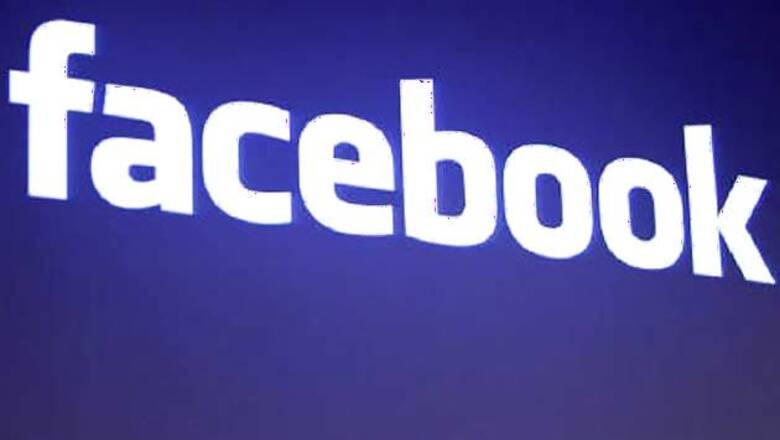
views
San Francisco: Investors jumped on Facebook's regulatory filings on Wednesday for a glimpse into the company's inner workings ahead of one of the hottest initial public offerings in recent history. But there are also potential downsides.
Here are a few key issues Facebook outlined as risk factors in its IPO prospectus:
** Facebook usage plateaus: Despite mind-boggling growth in recent years, the number of Internet users in the world is, after all, finite. The social network now has 845 million monthly active users, but warns its growth rate will decline "as the size of our active user base increases, and as we achieve higher market penetration rates." If Facebook can't retain users and their attention, then advertising could also peter out.
** Foreign governments restrict access: Facebook has been restricted in China, Iran, North Korea and Syria. That could happen in other countries as well, Facebook warns, in which case "our competitors are able to successfully penetrate geographic markets that we cannot access."
** Regulatory uncertainty: Facebook is subject to laws governing a litany of issues including privacy, intellectual property, data protection. These laws are constantly evolving and could change significantly in a way that could hurt Facebook's business. "For example..., the interpretation of some laws and regulations that govern the use of names and likenesses in connection with advertising and marketing activities is unsettled."
** Zynga: The online gaming company accounted for 12 percent of Facebook's revenue in 2011 and generated considerable Web traffic for the social network. Facebook would take a hit if Zynga games became less popular, or if Zynga began launching games on competing platforms.
** Mobile: Users are increasingly choosing to log onto Facebook through mobile devices, many of which run Google's Android and Apple Inc's iOS, operating systems controlled by two of Facebook's competitors. "Any changes in such systems that degrade our products' functionality or give preferential treatment to competitive products could adversely affect Facebook usage on mobile devices," the company warns.
** Control is concentrated under Zuckerberg: Before the IPO, CEO Mark Zuckerberg's shares give him 57 percent of the voting power. Nor is his stake likely to go down significantly after the IPO, given Facebook's ownership structure. Facebook's success rests largely with Zuckerberg, but so much control in the hands of one man may be cause for concern to investors.
** Intellectual Property battles: As an Internet company, Facebook expects to be locked in "expensive and time consuming" patent lawsuits, often with "non-practicing entities" that aggressively sue Facebook to extract a settlement. "We presently are involved in many such lawsuits, and as we face increasing competition and gain an increasingly high profile, including in connection with our initial public offering, we expect the number of patent and other intellectual property claims against us to grow," Facebook says.



















Comments
0 comment